Winston-Salem State University awards Unleash the Genius grants to faculty and staff
In February 2023 the Winston-Salem State University Chancellor’s Executive Staff issued a request for proposals for faculty and staff to create programs designed to improve undergraduate student success outcomes focused explicitly on student retention, student engagement, student belonging, and student debt load.
Seven grants, for up to $50,000, were awarded to programs that demonstrate an interdisciplinary approach to improve WSSU’s undergraduate student success performance outcomes—student persistence rates, student retention rates, four-year student completion rates, student postgraduation employment and/or graduate school enrollment.
The grant awardees and programs are listed below.
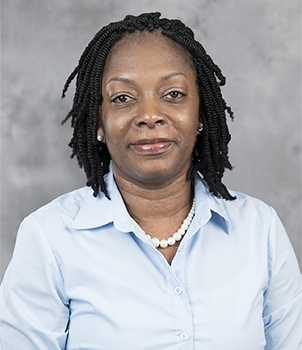
WSSU STARS (Support, Training, Advocacy, and Resources for Students with Disabilities)
Dr. Radscheda Nobles and Dr. Rashunda Richardson
A collaboration with the Department of Disability Services (DDS) and the University College to support the academic and professional development of our students with disabilities. WSSU Support, Training, Advocacy, & Resources, for Students with disabilities (STARS) is designed to increase the belonging, retention, graduation rates, and overall success of WSSU students with disabilities. This program aligns with Commitments 1 (Foster Student Success) and 2 (Equity, Inclusion, & Social Innovation) of the WSSU Strategic Plan 2030, directly targets the goal of increasing the percentage of students who report “positive belonging rates”, and indirectly addresses retention rates of our students with disabilities.
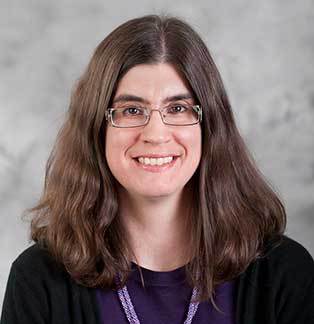
Creating a Culture of Belonging through Undergraduate Scholarship
Dr. Lisandra Estevez, Dr. Tanya Walker and Dr. LaVie Leasure
This grant seeks to form a Student Learning Community (SLC) of WSSU students specifically in the humanities departments—Department of Art+Visual Studies; Department of English; Department of History, Political Science, and Social Justice; Department of Music; and Department of World Languages and Culture—to support their academic, research, and personal growth. With an estimated participant size of 75 – 100 students, PIs anticipate positively improving these students' sense of belonging and providing them with opportunities to practice research methods in their disciplines of study. This project contributes directly to WSSU 2030 Commitment 1.
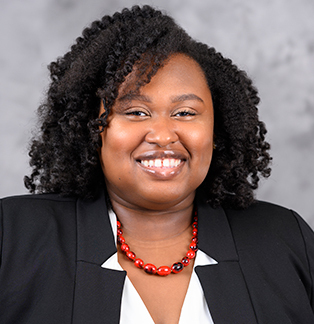
NextGen Living and Learning Community for Education Majors
Ms. Liz Shephard, Mrs. Andrais Brandon, Dr. Natasha Spellman, Dr. Dawn Tafari and Dr. Denise Johnson
Staff in the University College, the Department of Education, the Counseling Center, and Housing and Residence Life will launch a living-learning community to support the 1st-to-2nd year retention rate of education students while cultivating their sense of belonging and supporting their academic success. The NextGen Living-Learning Community (LLC) initiative will provide first-year students with a comprehensive experience to cultivate socially responsible professionals. HRL will convert a conference room within Covington Hall into a digital learning lab with technology upgrades to support the LLC initiative.
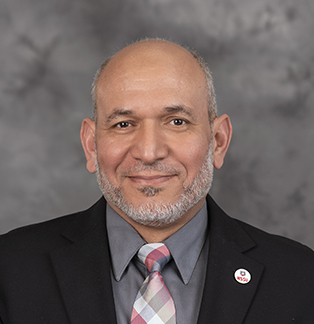
Adjunct Faculty Development and Teaching Practices Institute
Dr. Hamdy Radwan and Dr. Nancy Smith
The proposed Adjunct Faculty Development and Teaching Practices Institute is a three-day institute that will introduce adjunct faculty to best practices and methods for engaging college learners, strategies for quality instruction, inclusive teaching practices, assessment and assignment feedback, and research-based approaches for enhancing teacher-student relationships. PIs will use a pre- and post-institute assessment to assess knowledge attainment and skill acquisition. Each participant will submit evidence of implementing evidence-based teaching practices through a portfolio demonstrating effective course planning and development. Student learning outcomes such as DFW rates and teacher evaluations will be used as metrics of success.
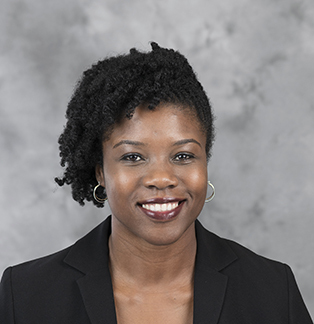
The Ram-2-Ram (R2R): Cultivating A Holistic Approach to Mental Positivity (CHAMP)
Dr. Rennae Stowe, Dr. Quiteya Walker, Dr. Tangela Towns, Dr. Rashunda Richardson and Dr. Keya Glover
Ram-2-Ram CHAMP aims to support students by increasing their engagement in mental health and holistic wellness programs. Additionally, this project aims to enhance their sense of belonging with a peer-to-peer program. Using a holistic approach, the R2R CHAMP initiative is designed to engage First-Year First-Generation and Transfer students in mental health and wellness activity, which will positively impact their sense of belonging and persistence rates. PIs will incorporate a structured mental health and well-being module and trainings into two sections of HED courses in the fall and select students will continue in the spring. PIs anticipate impacting approximately 75 to 100 First-Year First-Generation and Transfer Students.
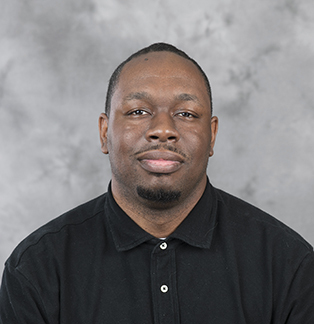
Project RAMM (Resilient, Aspiring, Motivated Men)
Dr. Douglas Bates, Dr. Jack Monell and Mr. Joseph Baker
Through a multisystemic - ecological approach, the proposed Project R.A.M.M. (Resilient, Aspiring, Motivated, Men) will assist first time freshman African American males by providing peer support-mentoring, tutoring support, and aid from identified faculty, administration, and external campus partners. The purpose of this proposed initiative is to increase the retention rate and completion rate for first time freshman African American males by 5 – 10 % for the 2023 – 2024 academic year. This proposed program aligns with Commitment 1 Foster Student Success with a focus on retention and completion rate target a specific population.
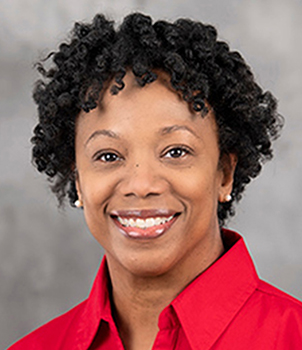
Revising PULSE (Peers United for Leadership, Service, and Education) Peer Health Education Program Development
Dr. Karen Thompson-Williams and Ms. Dakiah Rowe
The A. H. Ray Student Health Center seeks funding to train, develop, and restructure the Peers United for Leadership, Service and Education (PULSE) peer health educator organization. This initiative aligns with the goal of increasing Undergraduate Student Success by supporting student engagement and belonging via a peer-developed and peer-led program focused on student health. Peer-led health initiatives will increase the percentage of students engaged in mental health and wellness activities. The goal of PULSE is to increase the percentage of undergraduate students who engage in health and wellness activities while building a wellness culture on campus through student and staff development. With successful implementation of this initiative, PIs anticipate certifying and increasing the number of peer health educators by 50% by December 2023. Additionally, they anticipate increasing student engagement numbers at health and wellness events by 20% by May 2024.
